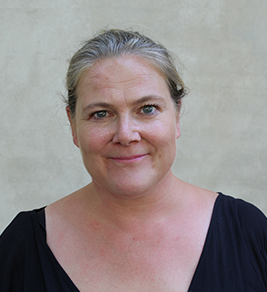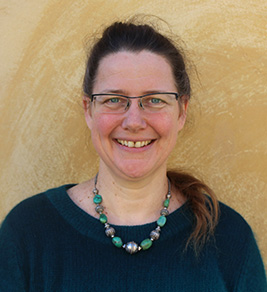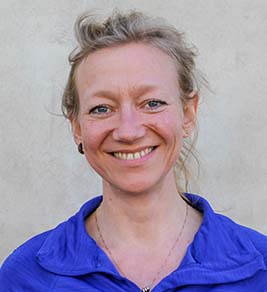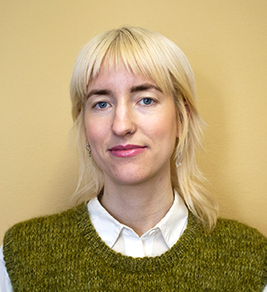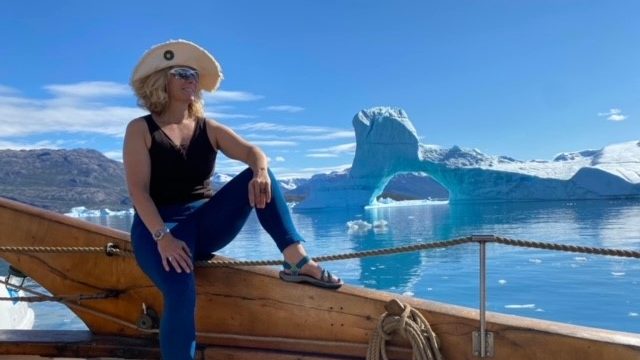
Captain Sigríður Ólafsdóttir
Twenty years ago several studies in Iceland revealed that women‘s access to decision making on natural resource extraction related to fishery management was inequal disfavoring women. No women were involved in the transformation of the fishery management system by being appointed to committees of officials engaged in the work or implementation. In spite of a long history of marine female experts, their role was not visible or officially decisive.
The fishery sector is an occupational world where males have reigned. Across the circumpolar Arctic there is a long tradition for the perception that it is difficult to find decisive women to engage in public committees for the sector, and that very few women are shareholders within the fishery sector, not as quotaholders nor as owners of companies, if they were present it was primarily through pension funds (Sloan et.al 2004, Karlsdóttir, 2004).
Gender presence in public bodies related to fisheries and aquaculture in Iceland, 2004
| Examples of governmental bodies | Total number of female staff | Thereof, female Researchers, experts | Total number of male staff | Thereof, male Researchers, experts |
| Ministry of Fisheries | 11 | 0 | 10 | 1 |
| The Marine research.Inst. | 42 | 4 | 84 | 5 |
| Icelandic fisheries lab. | 34 | 5 | 20 | 2 |
| Directorate of fisheries | 20 | 0 | 74 | 1 |
| Ministry of Agriculture | 14 | 0 | 10 | 1 |
| Directorate of freshw. fisheries | – | – | 2-5 | 1 |
| Inst.of freshwater fisheries | 5 | 2 | 13 | 7 |
However, we are now in 2023 – things might have changed. Administrative changes have also happened in the meantime.
| Examples of governmental bodies | Total number of female staff | Thereof, female Researchers, experts | Total number of male staff | Thereof, male Researchers, experts |
| Ministry of food | 27 | 9 | 29 | 13 |
| Marine and Freshwater research.Inst.* | 63 | 41 | 112 | 45 |
| Directorate of fisheries** | 17 | 5 | 36 | 20 |
| Icelandic Food & Veterinary Authority*** | 62 | 6 | 36 | 10 |
At the beginning of the millennium female presence in the sector was questioned – as these two quotes from informants in Iceland showcase:
“While studying I wondered a bit about this. Like in biology at the university, women are a clear majority of the students. Then it felt a bit upside down when I came here (to the workplace), us women are only 2 of a staff group of 12.”
(Aquaculture researcher (F), Iceland). (Karlsdóttir, 2004).
“Yes for sure, people have opinions about what I am doing here. I want to tell you that it is very odd when we are having meetings, let’s say with some Norwegians or foreign money people (Investors) then I am always asked: What is your job? None of the guys in the meeting are asked this. What do you do? It is just that you always have to be explaining yourself. But they do understand that the guys are there… but they howl when I am there.”
(Managing employee in an aquaculture company N-Iceland).
Social mobility in the blue bioeconomy sector (fisheries and aquaculture) has truly changed. Women get recruited to a much higher extent into various functions within the sectors due to achieved educational merits. But they are also in some numbers present as directors, entrepreneurs and innovators.
We intend to take a closer look at this in Salmon & Equality.
Gender Equality and Leadership
Recognizing the importance of diverse role models in the blue economy, efforts are being made to elevate the visibility of women in the maritime sector. Historically, women in the maritime industry had fewer role models and faced limited exposure compared to their male counterparts. However, by promoting women leaders, we can prevent a “greying” of the workforce in the sector. Let’s explore some inspiring stories:
HEIÐA is the new director for Iceland Ocean Cluster
Heiða Kristín is born 1983 and is a University of Iceland graduate in Political Science. She recently took over leadership as the Managing Director for Iceland Ocean Cluster (IOC) in Iceland. She has an impressive career background as both entreprenur in sales of marine export products through NICELAND and was engaged in startups of software companies both in Iceland and USA. Last but not least she is locally most known for her former political involvement, as founder and lead of the Best Party and Bright Future.
Marita Rasmussen is a seasoned leader in the Faroese islands
She was educated in fisheries science from University of Tromsø and holds also M.A in leadership from Aberdeen Scotland. After graduation she worked as adviser in the Ministry of Fisheries. She was also an advisor in the Fish Processing and Aquaculture Association, in addition to holding managerial positions within the sector. For over a decade she was CEO of the Employers Association in the Faroe Islands, House of Industry. The primary role of the House of Industry is to negotiate wages and working conditions in the private sector of the labour market, as well as developing industrial policies in the Faroe Islands. In spring 2022 she became the director of the Faroese Marine Research institute.
Sigríður Ólafsdóttir is in her best element when out sailing
She took the conventional educational road, graduated in Geography and Environment and Resources studies at University of Iceland. Then crawled up the academic ladder becoming the first program director of the coastal management program of University centre of Westfjords. Later she engaged in a PhD scholarship in Scientific philosophy at Gothenburg University Sweden but quit it when she realized she missed being active on the sea. At the age of 40, she re-educated as a maritime navigator and has been a captain for Special tours, and is now for Norðursigling on Opal (An electricity-driven wooden schooner sailing to NE Greenland). She is also a teacher in maritime navigation and maritime ecology at Iceland School of Navigation at the Technical College. In her free time, she is part of the sailing female group „Seiglurnar“ (eng: The resilient ones) that engages in sailboats seafaring and she will lead the group in a sailboat competition in New York in September.
Academic background in the fishing industry
Bridging the Gender Gap: Women’s Advancement in Academic and Vocational Training
Part of the Salmon and Equality project is to gather statistical data on men and women in vocational training and university education in the blue economy. For vocational training, most of the statistical institutions in the Nordic region publish a number of students by sex in maritime training and related fields. These courses are male dominated in all the Nordic countries.
The numbers from academic institutions tell a different story for women in fisheries. A few academic courses available in the Nordic region have a clear connection with the fishing industry, such as MSc in Coastal and Marine management in Iceland. The graph shows the number of students by sex since the course started 2009 (source: Statistics Iceland statistical database). The graph demonstrates how female students have outnumbered male students in recent years.

The fishing industry and the blue economy are inter-disciplinary and attract professionals from a wide variety of academic backgrounds. This is one of the challenges associated with extracting data on men and women in the industry. Biotechnology is an example of an academic field where graduates could easily opt for specialisation in the blue economy.

The graph demonstrates the number of new students in Biotechnology from Statistics Finland, at undergraduate and masters levels. Similar to the gender division in Coastal and Marine Management, there are more female students than male students studying Biotechnology in Finland (source: Statistics Finland statistical database).
Women in fisheries unite
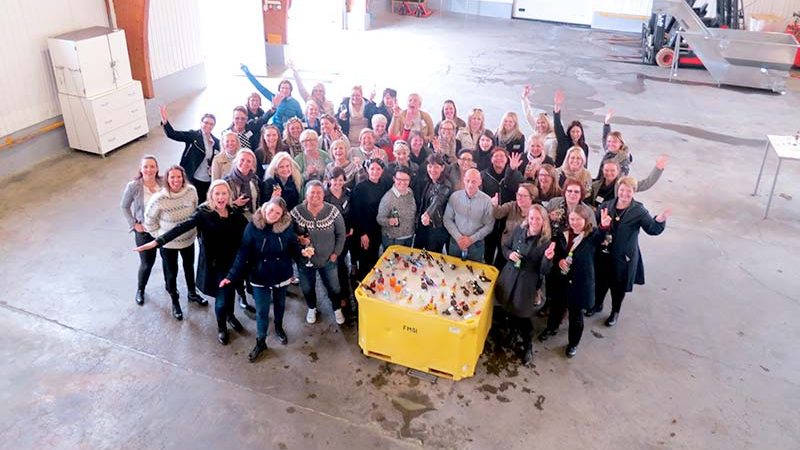
Empowering Through Networking: Women’s Organizations in the Industry
Women organisations can play a vital role in promoting women in society through networking and empowerment.
The Association of Women in the Marine Industry in Iceland (Konur í sjávarútvegi) was established in 2013 with the goal to make women more visible in the industry and to encourage more women to enter the field. Their activities include study trips to companies in the fisheries sector and mapping of the presence of women in the industry.
The Bloom is a new international networking community for women and genderqueer people in the seafood sector. Through virtual meetings and an active WhatsApp chat community, members support and empower each other, fostering a sense of unity and collaboration. Although the primary audience is women and genderqueer people in North America, the community has members from Europe and other regions.
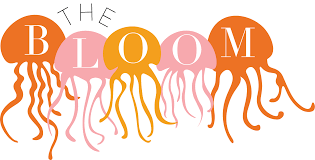
By highlighting these initiatives and celebrating the accomplishments of women in the fisheries and aquaculture sectors, we pave the way for greater gender equality and create a more inclusive and thriving blue economy.

